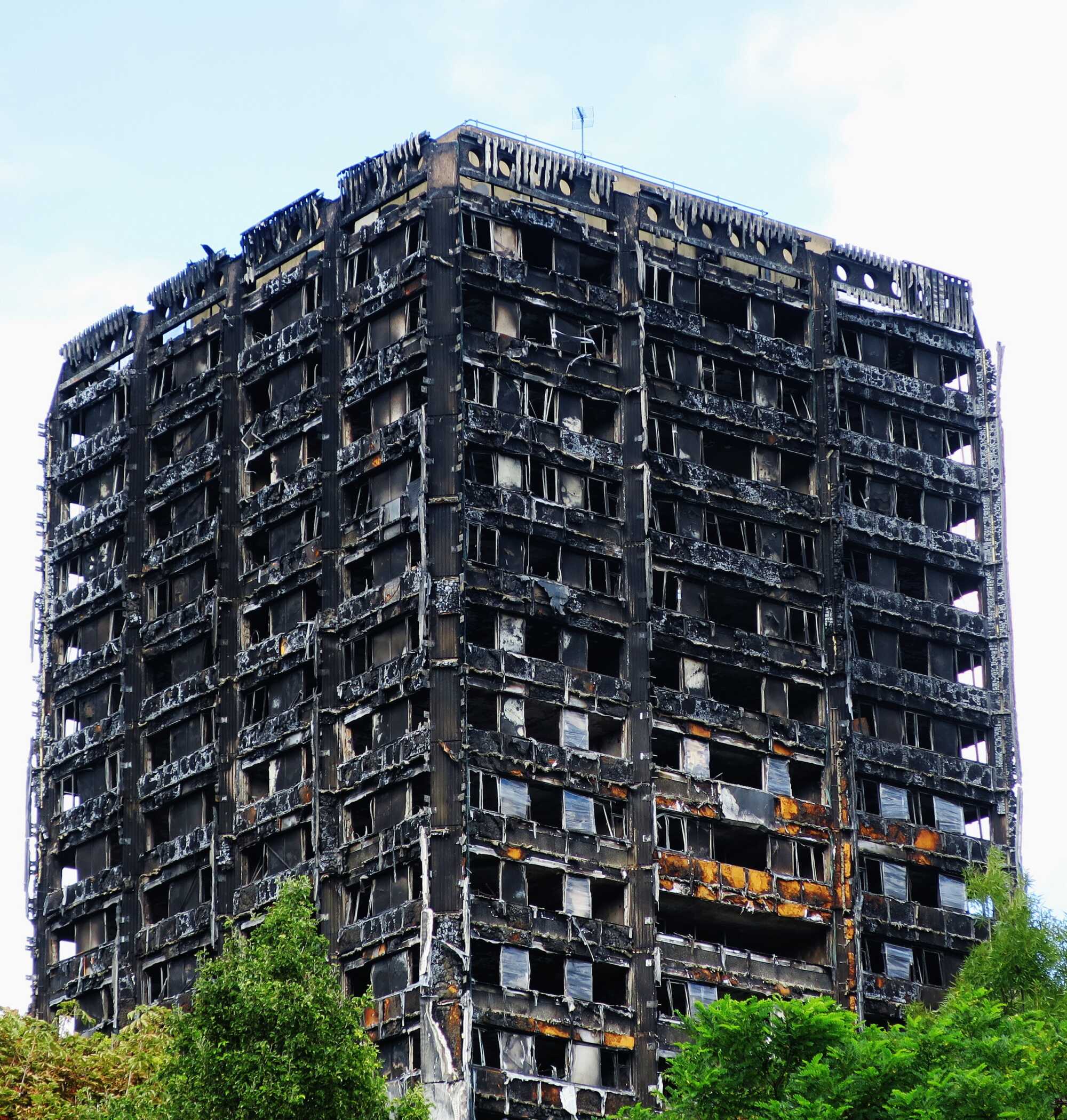Replacement of flammable cladding - who bears the cost of fire safety?
19th April 2018
Get in touch today
Call 01435 897297
Email info@kdllaw.com
19th April 2018

After the tragic events of the Grenfell Tower fire in the early hours of 14 June 2017, fire safety and in particular the issue of dangerous cladding has dominated headlines and, quite rightly, become a serious concern for owners, landlords, managing agents and not least tenants or occupiers of tower blocks.
According to a recent Government briefing paper, 288 residential blocks in England had been identified as having Aluminium Composite Material (ACM) cladding similar to that of Grenfell Tower as at 16 February 2018. Remedial work to affected blocks is complex and the associated costs are often significant. The question of who is responsible for such costs is said to be a “legal quagmire”.
Liability for the cost to replace flammable cladding will always depend on the relevant circumstances and, in particular, the wording of the lease. However, a recent First Tier Tribunal (FTT) decision, the first of its kind on this issue, offers little comfort to leaseholders who find themselves in such an unenviable position. Whilst the decision is not binding and should not necessarily be seen as a precedent, where other leases have similar provisions to those in this case, the decision indicates how the FTT may interpret those provisions when it comes to fire safety and remedial works.
Firstport Property Services Ltd -v- Various Leaseholders of Citiscape
Citiscape is a residential block in Croydon with ACM cladding. The leaseholders faced a bill of up to £2.4m for replacement of the ACM panels, in addition to charges of £263,000 per year for a ‘waking watch’. The management company sought a determination from the FTT that the costs for the waking watch and for the replacement of the ACM cladding were payable by the leaseholders.
On the issue of the waking watch, the FTT decided that such costs were recoverable under the lease as costs of “complying with the requirements and directions of any competent authority”, e.g. the London Fire Brigade, as with its earlier decision in E & J Ground Rent No.11 LLP -v- Various Leaseholders of Fresh Apartments, Salford. The costs were also recoverable as costs for “the maintenance and proper and convenient and running of the Development” as set out in the lease.
With regards to the cladding, the FTT found that the fire risk meant that the building was not in “good and substantial repair”, for which the management company was responsible under the lease and for which the leaseholders were required to contribute through the service charge. In addition, the FTT decided that the provisions in the lease providing for the recovery of costs incurred in “rectifying or making good any inherent structural defects” would extend to the removal and replacement of defective cladding.
The costs for the replacement of the ACM cladding were therefore payable by the leaseholders under the terms of the lease, although it would be open to the leaseholders to dispute their reasonableness.
The leaseholders sought to argue that the costs should not be paid by them where the costs could otherwise be recovered through insurance. In this particular instance, however, the managing agent had already sought to recover the costs, unsuccessfully, from the developer, the freeholder and the insurer. Further, the FTT acknowledged that any claims that could be pursued against such parties were speculative with no certain outcome. In the meantime, the leaseholders would find themselves living in dangerous and unsaleable properties.
So, where are we now?
It is important to restate that this decision is non-binding and turns wholly on the specific clauses of the leases in question and the specific facts.
Whilst the government appears to have taken the view that it is “morally” the right for landlords not to pass the costs for cladding remediation onto leaseholders, just as some social landlords appear not to be seeking to recover such costs, the Courts and Tribunals must apply the terms of the lease when it comes to determine who is “legally” responsible for such costs.
Legal advice should always be taken where there is uncertainty as to the liability for repair costs under the lease, in particular where such costs are of significant value.
For more information, please contact Kevin Lever at Kevin.Lever@kdllaw.com or on 01435 897297.
Disclaimer
This legal update is provided free of charge for information purposes only; it does not constitute legal advice and should not be relied on as such. No responsibility for the accuracy and/or correctness of the information and commentary set out in the article, or for any consequences of relying on it, is assumed or accepted by any member of KDL Law or by KDL Law as a whole.
If you have received this update in error or wish to unsubscribe from future updates then please email us at info@kdllaw.com.
Sign up to receive FREE regular Legal Updates by email